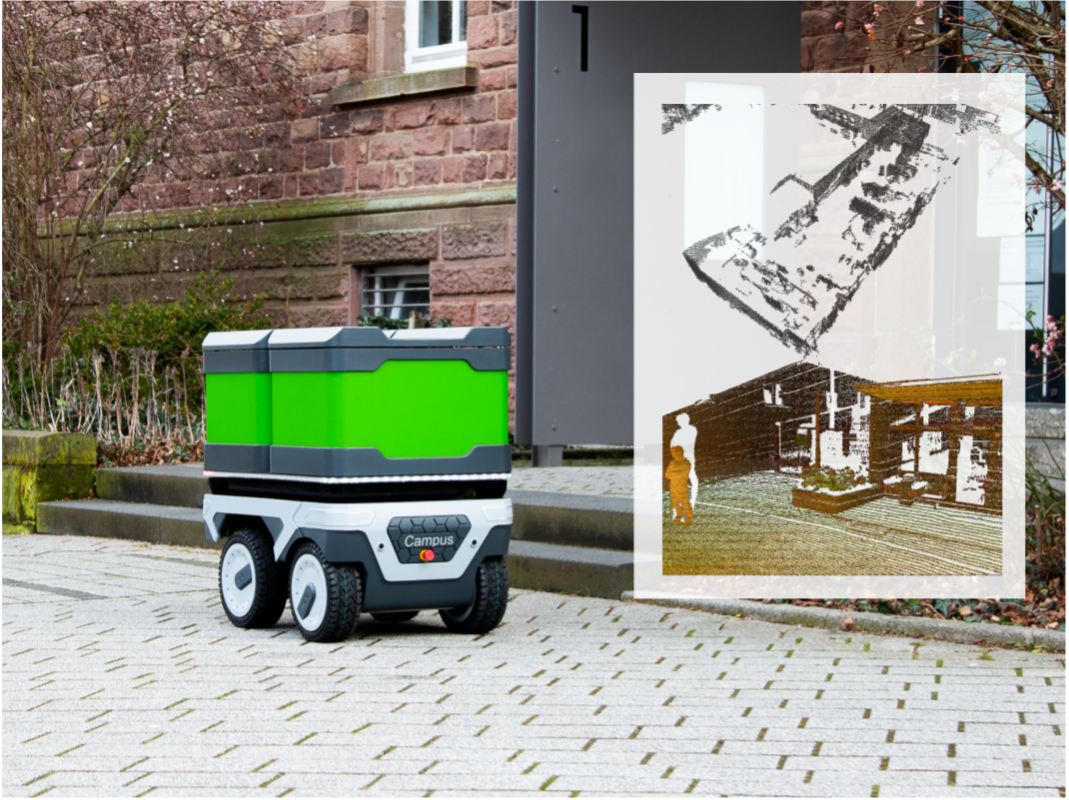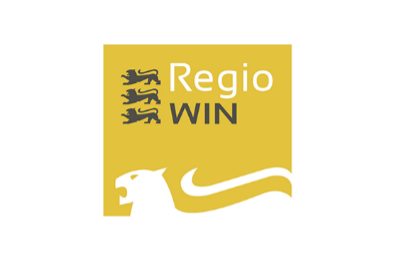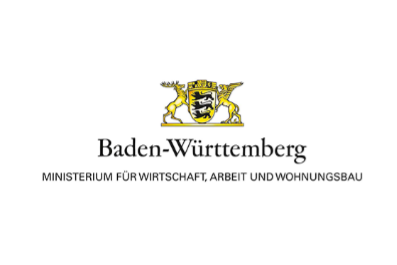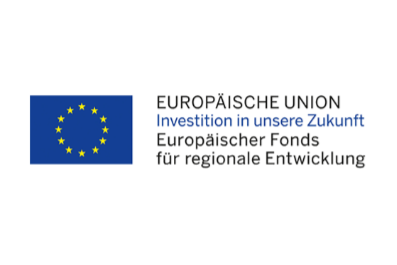efeuCampus - Innovationszentrum für autonome urbane Güterlogistik
- Contact:
- Project Group:
- Partner:
SEW-Eurodrive
Hochschule Karlsruhe – Technik und Wirtschaft
Karlsruher Institut für Technologie (KIT)
FZI Forschungszentrum Informatik
PTV Group
b.i.g. bechtold Ingenieurgesellschaft Frankfurt

The distribution of goods - especially in the last mile - occupies public space and affects almost everyone in our society. Online trade and food delivery services in particular are causing freight mobility and traffic congestion to grow strongly. The consequences: Higher pollution and noise levels as well as congestion in city centres. This has a negative impact on health and the environment - there is an acute need for action. The efeuCampus project (eco-friendly experimental urban logistics campus) is meant to contribute to this. The aim of the project is to develop and test a system for autonomous goods transport on the "last mile".
Focus is on the development of autonomous transport vehicles. By transferring methods and solutions already successfully established in the industrial environment to the new, demanding field of application in urban areas, the technological feasibility of the use of autonomous systems in this highly dynamic and demanding environment is to be demonstrated and achieved.
The IFL contributes to this goal by realising the control and navigation of the vehicles. Among other things, systems for localisation, path planning and environment perception are being developed using artificial neural networks, satellite-based systems for centimetre-precise position determination and 2D and 3D image recognition processes.
As part of the project, a living lab is being built in a residential area in Bruchsal. During a five-year operating phase, the developed systems will be tested in a real environment and new approaches and technologies will be investigated.
The efeuCampus project is funded by the state of Baden-Württemberg and the European Union as part of the RegioWIN (Regional Competitiveness through Innovation and Sustainability) competition of the Ministry of Economics, Labour and Housing under the ERDF strategy (European Regional Development Fund).




